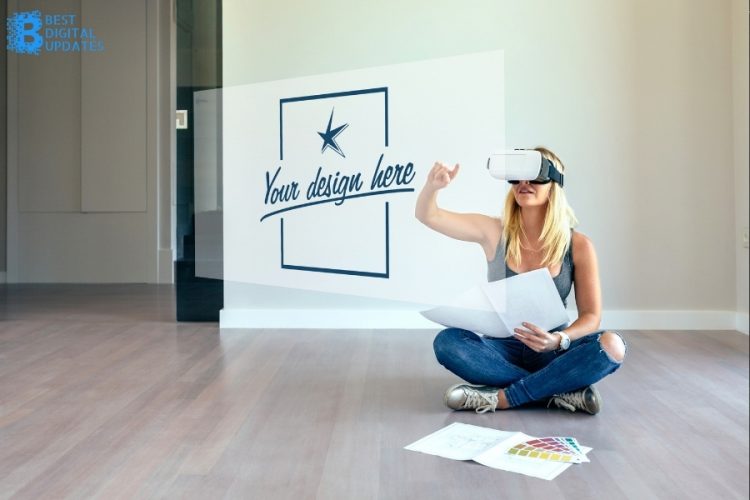While prominent in the gaming and entertainment industries, virtual reality (VR) technology is quickly permeating other sectors, including real estate. Real estate tech companies like Blueground, a provider of furnished apartments in London, are adopting it for its ability to generate vivid 3D models of ongoing constructions and complete houses among other products.
The main pull to virtual reality tech, however, is the ease with which it works with mobile and desktop applications. Real estate industry players are using VR tools to create online stores, advertise real or virtual properties, and remotely interact with potential buyers.
That said, here is a compilation of 5 little-known VR apps that are making waves in the property market. Read on to discover what’s interesting about their features, future and functions.
360 VR
Table of Contents
Created by Case3D, the 360 VR app specially targets the real estate market. The app works on both iOS and Android operating systems, supporting over 70% of smartphone devices worldwide.
One of the most interesting features of the app is its ability to share all angles of virtual objects. Property buyers can rotate viewpoints up to 360 degrees for complete access to all the dimensions of a property.
Moreover, it works smoothly with standard VR headsets designed for mobile or desktop devices. Most users have said that it gives a visual experience similar to that of Google Street View.
A common complaint though is that some interface dimensions are invisible or unclear to devices with tiny screens.
Luxury Home Tour
Unlike 360 VR, the Luxury Home Tour app is a bit choosy with the mobile devices that can install and run it. Aside from that, it boasts quite a good range of useful features and functions.
Firstly, it is free to download and run on both iOS and Android platforms.
Also, devices can rotate their interface to view content in portrait or landscape modes. With this feature, property owners can share ads with different viewpoints and sizes.
Interestingly, it streams objects with HD graphic quality better than any other app reviewed here.
Furthermore, it comes with quick shortcuts for functions such as zoom, pause and rotate for convenience during virtual tours.
Zillow
Zillow is a big name in the renter’s space but only launched their VR-powered 3D app in 2019. The tool is quite elaborate compared to most long standing VR apps for real estate.
The best part is that it is highly customizable, whether a user is a property buyer, seller or renter.
Besides, one can tweak the interface to display content more clearly on devices of different screen sizes.
We love that the app comes with advanced filtering options to display content in the search and the main view interfaces.
For example, property renters and buyers can organize ads by realtor’s geographic location, house utilities, or property type. Furthermore, it offers access to real estate firms that sell houses through mortgage arrangements.
LoopNet
LoopNet offers real estate market connections through its web and app interfaces. The web interface suits users taking virtual tours on desktops, while the app is best for those using mobile devices.
Unlike other VR apps on this list, LoopNet can save searches, thereby facilitating quicker navigation for returning visitors. We love its minimalistic homepage which comes with a layout that auto-adjusts when the screen size of a device changes.
Besides, users can sort content with several filters, including property location and type.
For best virtual tours, connect a VR headset with customized interface settings. The app supports quick zooming and automatic orientation, offering effortless navigation inside the buildings.
HomeSnap
One of the best features of HomeSnap VR app is its ability to invite other users for group virtual tours. When turned on, it synchronizes sessions such that media streaming happens simultaneously on all invited devices.
The app runs on iOS and Android devices, supporting media share functions on both platforms.
Interestingly, buyers can compare the cost of two or more properties on its inbuilt calculator, which comes with estimations for property prices and other related costs. Also, you can activate notifications for information such as the changes in house prices or the arrival of new offers.
Finally, it provides an interior and exterior view of an advertised property with 360-degree views for all media on the platform.
VR is steadily taking over the real estate industry
With more real estate agents now embracing virtual reality technology, property buyers are finding it easier to shop for houses to buy or rent. The five apps that we just reviewed above are a good indication of where the industry is headed.
Have you sold, rented, or bought a home using any of these real estate VR applications? Share your experience with us in the comments below. Also, read about the role of a real estate Lawyer and many more articles on Best Digital Updates.




















